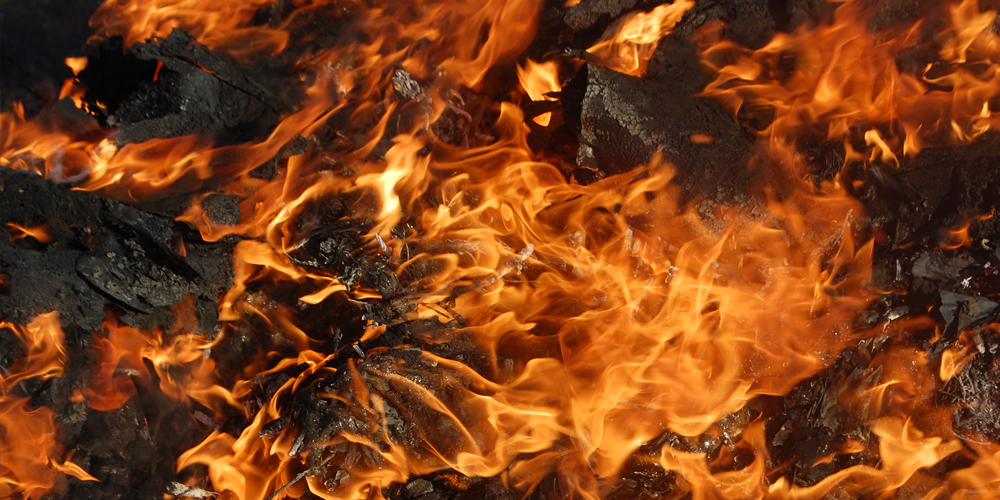What the news about current and prospective disasters tells us about the times we live in.

California and Vietnam — two very disparate regions of the earth, to be sure — are in recent news. And both of them — if you can believe the news — are muted challenges to the notion of gradualism (uniformitarianism or incrementalism) — the idea that life on this planet pretty much ambles along at its snail-pace predictability, gradually.
Talking about deja vu, California’s truly “wild” wildfires captivate the headlines. Again. Recently the Los Angeles Times reported, “After enduring weeks of destructive fires, widespread blackouts and extreme weather conditions, California faced another test as powerful winds that forecasters described as historic and potentially disastrous moved into the Southland” (“Worst winds of the season batter California, bringing prospect of more blackouts, fires and evacuations”).
Those “historic” Santa Ana winds (predicted to be 50-70 miles per hour [80-110 kilometers per hour], with gusts up to 80 miles per hour [130 kilometers per hour]) “will be the strongest to hit the region in recent memory,” stated the newspaper article.
On the other side of the Pacific, the residents of Vietnam awakened to learn (if they read the New York Times) that much of the southern half of their nation could be flooded by 2050: “The bottom part of the country will be underwater at high tide” — which means “more than 20 million people in Vietnam, almost one-quarter of the population, live on land that will be inundated” (“Rising Seas Will Erase More Cities by 2050, New Research Shows” [paywall]).
And it goes on: “Much of Ho Chi Minh City, the nation’s economic center, would disappear with it, according to the research, which was produced by Climate Central, a science organization based in New Jersey, and published in the journal Nature Communications. The projections don’t account for future population growth or land lost to coastal erosion.”
Speaking of the end of the world, Peter predicts: “Above all, you must understand that in the last days scoffers will come, scoffing and following their own evil desires. They will say, ‘Where is this “coming” he [Jesus] promised? Ever since our ancestors died, everything goes on as it has since the beginning of creation [gradualism]’” (2 Peter 3:3, 4, NIV).
If you’re one of 200,000 people in California under mandatory wildfire evacuation orders to flee your home now, the likelihood is strong at least for you (and at least for this moment) that nature’s sudden catastrophic reversal effectively tosses incrementalism out that smoke-choked window.
That’s Peter’s point. Gradualism has never been able to explain the sudden catastrophic reversal of Noah’s flood: “[The last-day scoffers] deliberately forget that long ago by God’s word the heavens came into being and the earth was formed out of the water and by water. By these waters also the world of that time was deluged and destroyed” (vv. 5, 6, NIV). Who saw that cataclysm coming? Not very many — eight, to be exact.
The point? We underestimate the element of surprise, to our loss. Peter calls it “the day of judgment” (v. 7, NIV) — when in a cataclysmic instant, all the old timetables are discarded, and gradualism is no more — as it turned out for the antediluvians, Sodom, Pompeii, the Titanic, September 11, 2001, and so on.
The even larger point? Intensifying times for humanity are the occasion for God to manifest his intensifying love for lost human beings. Peter is clear: “The Lord is not slow in keeping his promise. . . . Instead he is patient with you, not wanting anyone to perish, but everyone to come to repentance” (v. 9, NIV).
Vietnam, California, America, the world — God doesn’t want to lose a single one. So let’s abandon our gradualism and embrace His passion to lead that one to Him. Now.
The original version of this commentary was posted on the New Perceptions Television blog, The Fourth Watch.








